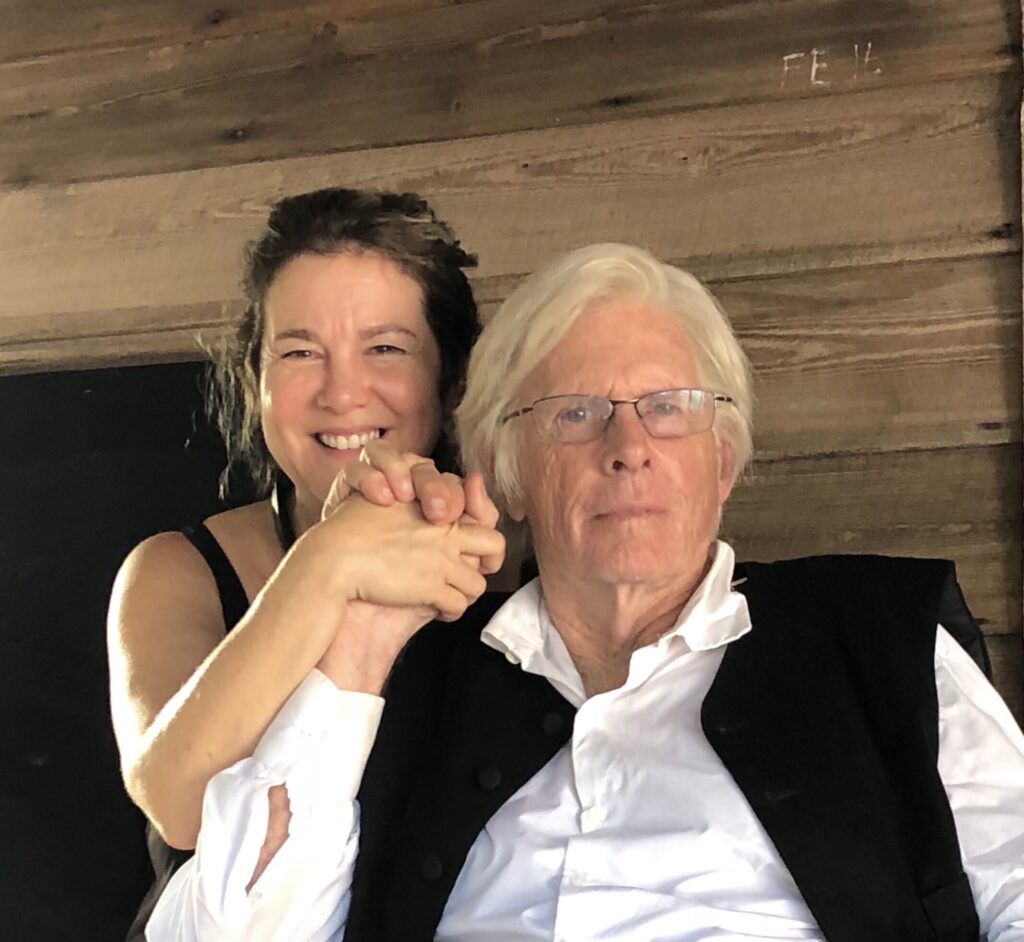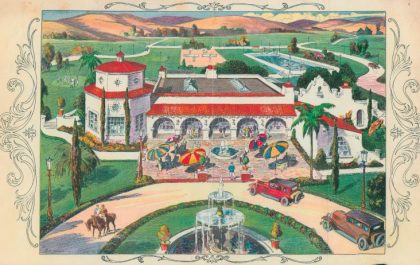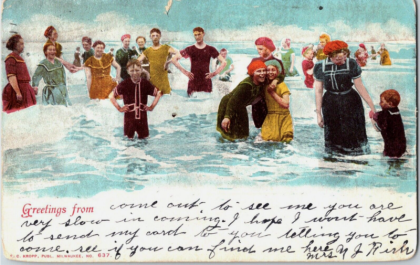
“I, John Brown, am now quite certain that the crimes of this guilty land will never be purged away but with blood. I had, as I now think vainly, flattered myself that without very much bloodshed it might be done.”
—John Brown on the day of his execution, December 2, 1859
(16 months before the beginning of the American Civil War)
Emperor is a 2020 American historical drama film now streaming online. The film stars Dayo Okeniyi, and is co-produced and directed by Mark Amin, who also wrote the screenplay with Pat Charles. Emperor tells the story of the title character, Shields Green, aka “Emperor,” a runaway slave who participated in the 1859 raid on the military arsenal at Harper’s Ferry, Virginia. Their aim? To strike a blow against slavery.
Led by radical anti-slavery militant John Brown, the raid is seen as one of the last giant steps along the road to war.
As far as the historical record is concerned, we know that during the 1850s, Brown and his men, including several members of his family, fought pro-slavery forces in what is now called “bleeding Kansas.” President James Buchanan offered a reward for Brown’s capture. Newspapers covered Brown’s activities for years.
We also know a great deal about the raid on Harper’s Ferry. The plot was foiled. Many of the raiders were captured, tried, convicted, and then executed; including Green and Brown. The event rattled the country enough to prompt a US Senate investigation that left behind a detailed account of their findings, including Brown’s motivation “to keep the public mind inflamed on the subject of slavery in the country.”
On the other hand, our verifiable knowledge of Shields Green can fit on a bar napkin. We know that Green escaped from a plantation in Charleston, South Carolina and that he had a son. As a fugitive slave, he spent time living with former slave and prominent abolitionist Frederick Douglass. He did indeed fight with Brown at Harper’s Ferry and he was known as “Emperor” but it is not known why.
It is primarily through Douglass’ recollections years later that we gain some insight into Green’s character and his life; and by extension, perhaps, a glimpse of those other millions of enslaved souls whose experiences were not preserved. Primarily, Douglass saw Green as “brave and devoted” to John Brown and his cause. When confronted with the choice whether to join Brown or to remain with Douglass—who himself turned down Brown’s invitation to participate in the raid—Green said, “I b’l’eve I’ll go wid de old man.” In a similar moment, when given the opportunity to escape arrest after the raid had fallen apart, Green decided, “I b’l’eve I’ll go down wid de ole man.”
Douglass describes Green as “a man of few words.” Sometimes a few words can say a lot.
Amin notes that his telling is “Inspired by a True Legend.” The result is that much of the film is unsupported by the historical record and, in a few instances, creative liberties are taken that actually contradict the record. Despite this, and perhaps because of it, Amin achieves the goal of telling a compelling story from Green’s perspective; even if it is, in large part, only “what might have been.”
In an opening scene in Charleston we learn that the enslaved Green is the descendant of an African king. Green’s young son Thomas asks if the story of his royal ancestry is true. “It is to me,” Green says. We need no firm documentation on this point to be reminded, as this scene does, that African history did not begin on a Southern plantation. Indeed, the lack of a record is a poor reason to dismiss the significance of these lives. Yes, the details matter but, more importantly, what we are looking for is a plausibility that captures the spirit of a Shields Green; for, it is that essence of a story which serves history’s larger purpose to inspire us today. It is enough that “Emperor as history” does justice to this larger aspiration.
This is the primary achievement of Amin’s film. For centuries, much of our history of American slavery has reached us through the lens of the enslavers relying upon their documents, letters, and accounts focusing on their interests; buying and selling human beings, chasing down those who dared run away, and disciplining the troublesome.
Our history, though, is what we decide to make of it; what we see as noble, what we value and honor, that which we deem worthy of repetition, that which we teach our children. The rest drizzles away, sometimes resurrected, sometimes not.
In the case of John Brown, and now Shields Green, it appears that a legitimate resurrection is underway.
Louis A. Decaro, Jr., a John Brown scholar, has just published (October 2020) The Untold Story of Shields Green: The Life and Death of a Harper’s Ferry Raider. He cites the making of Emperor as part of his motivation to re-install Green to his “rightful place as an anti-slavery figure alongside Frederick Douglass and John Brown.”
Also streaming is The Good Lord Bird, a mini-series based upon a 2013 book of the same name. This historical fiction follows John Brown through Kansas and on to Harper’s Ferry.
And, in a shout out to scholars and historians everywhere, the Wikipedia page for “Shields Green” is currently “in the process of an expansion or major restructuring.”
Emperor is part of this resurrection, not because it stuck to the known facts and events, but because it makes us think.
In a final scene—wholly borne of the filmmakers’ imagination—Green’s son Thomas, now grown, delivers a book to a publisher; a son’s story about his father. “Is it true?” the publisher asks. “It is to me,” Thomas replies.
It is to me.
About the Film
The film Emperor is inspired by the legend of Shields “Emperor” Green, a descendant of African kings turned outlaw slave in the pre-Civil War South.
Cami Winikoff, one of the film’s producers, is a longtime Malibu resident and is a passionate advocate for civil rights and environmental justice, working to develop dark sky protections for the Santa Monica Mountains and to get toxic chemicals out of local schools.
Emperor is a project close to her heart, an opportunity to share a critically important chapter of American and African American history.
“We’re really excited to share this special film in the Topanga New Times,” she said. “We just won two NAACP award nominations, for Outstanding Independent Motion Picture and Outstanding Breakthrough Performance in a Motion Picture.
Emperor stars Dayo Okeniyi, Naturi Naughton, Kat Graham, Mykelti Williamson, James Cromwell and Bruce Dern. The film is directed by Mark Amin; written by Mark Amin and Pat Charles, and produced by Reginald Hudlin, Cami Winikoff and Mark Amin. Emperor won the NAACP Image Awards for Outstanding Independent Motion Picture and Dayo Okeniyi (Shields Green) for Outstanding Breakthrough Performance in a Motion Picture. It’s available via Amazon, Google Play, Apple TV and Vudu, or watch it on February 26 through the Malibu Film Society website: malibufilmsociety.org












